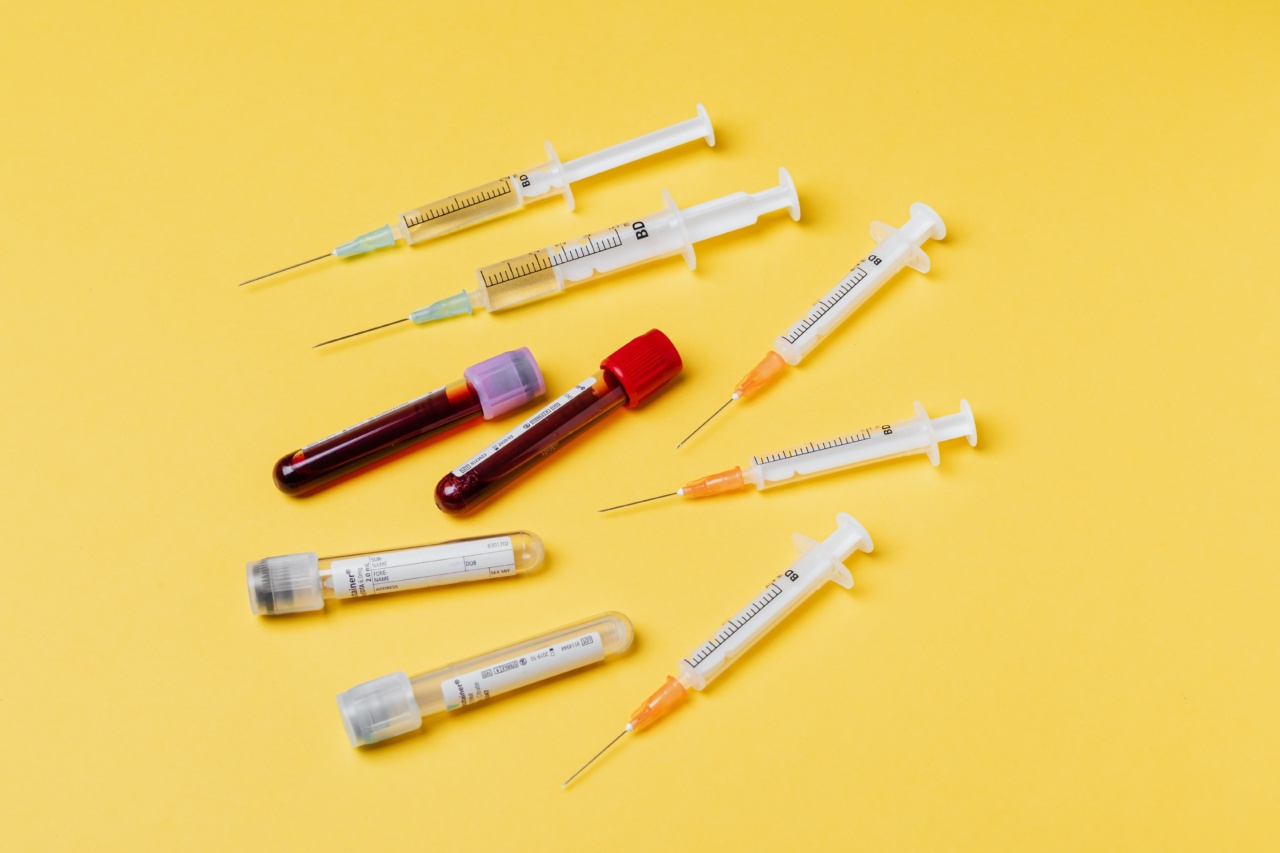High blood pressure, also known as hypertension, is a common and serious health condition that affects millions of people worldwide.
It is often called a silent killer because it usually has no symptoms but can lead to various complications such as heart disease, stroke, and kidney problems if left untreated. While there are medications available to manage high blood pressure, incorporating certain foods into your diet can also play a significant role in preventing and managing this condition.
In this article, we will explore six foods that can help prevent high blood pressure and improve your overall cardiovascular health.
1. Leafy Green Vegetables
Leafy green vegetables, such as spinach, kale, and Swiss chard, are excellent sources of nutrients that promote heart health. They are rich in potassium, which helps to lower blood pressure by counterbalancing the negative effects of sodium in the body.
Additionally, leafy greens are packed with nitrate, which gets converted into nitric oxide in the body and helps to relax blood vessels, improving blood flow.
2. Berries
Berries, including strawberries, blueberries, and raspberries, are not only delicious but also incredibly beneficial for heart health. These fruits are loaded with antioxidants, specifically flavonoids, which help to improve blood pressure levels.
Studies have shown that consuming berries regularly can lead to a significant reduction in both systolic and diastolic blood pressure.
3. Oatmeal
Oatmeal is a wholesome and heart-healthy breakfast option that can help manage high blood pressure. It is rich in fiber, which is known to have blood pressure-lowering effects.
The soluble fiber in oatmeal forms a gel-like substance in the digestive system, which helps to remove cholesterol from the body and maintain healthy blood pressure levels. Opt for plain oatmeal instead of the flavored varieties, as they often contain added sugars.
4. Fish
Fatty fish, such as salmon, mackerel, and sardines, are excellent sources of omega-3 fatty acids. These healthy fats have numerous benefits for heart health, including reducing inflammation and lowering blood pressure.
Omega-3 fatty acids also help to prevent the formation of blood clots, which can lead to heart attacks and strokes. Aim to include fatty fish in your diet at least twice a week for optimal heart health.
5. Yogurt
Yogurt, especially the low-fat or Greek varieties, can be a great addition to a blood pressure-friendly diet. It is an excellent source of calcium, magnesium, and potassium, all of which play a crucial role in regulating blood pressure levels.
Additionally, yogurt contains beneficial probiotics that contribute to a healthy gut microbiome, which has been linked to improved cardiovascular health.
6. Dark Chocolate
Yes, you read that right! Dark chocolate can indeed be a part of a heart-healthy diet when consumed in moderation. Dark chocolate is rich in flavonoids, which have been shown to improve blood pressure levels and reduce the risk of heart disease.
Opt for dark chocolate with a high cocoa content (70% or more) and enjoy it in moderation as a treat.
Conclusion
Managing high blood pressure is crucial for overall health and wellbeing. While medications can be prescribed to control blood pressure, incorporating certain foods into your diet can also make a significant difference.
Including leafy green vegetables, berries, oatmeal, fish, yogurt, and dark chocolate can help prevent high blood pressure and improve your cardiovascular health. Remember to always consult with a healthcare professional for personalized guidance based on your specific health needs.






























